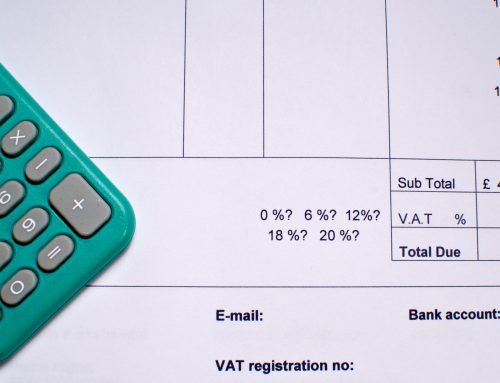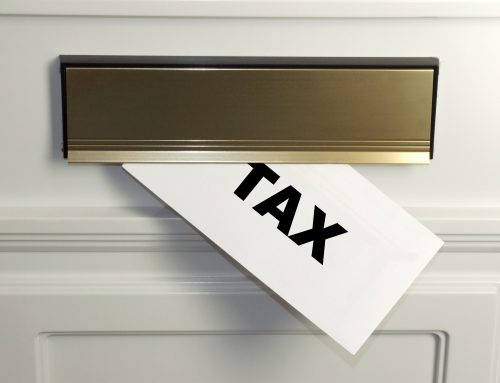The delayed extension to the off-payroll working rules will come into effect from 6 April 2021. Under the extended rules, where services are supplied via an intermediary, such as a personal service company, to a medium or large private sector organisation, the private sector engager will be responsible for determining whether the off-payroll working rules apply. This will be the case where the worker would be an employee of the end client if they supplied their services directly, rather than through an intermediary. Where the rules apply, the private sector engager, or the fee payer if different, must deduct tax and National Insurance from payments made to the worker’s intermediary.
The impact of the changes on workers supplying their services through a personal service company will depend on the nature of both the end client and the arrangement under which the services are provided.
End client is a medium or large private sector company
Where services are supplied through a personal service company or other intermediary to an end client which is a medium or large private sector organisation, from 6 April 2020, the personal service company will no longer need to ascertain whether the IR35 rules apply and operate those rules.
Instead, the end client will need to determine whether the off-payroll working rules apply by deciding whether the arrangement between the parties is such that if the worker supplied their services to the end client directly, rather than through their personal service company, the worker would be an employee of the end client.
The worker will be given a copy of the determination reached as to their status by the end client. The worker should check they agree with the determination, and bring it to the end client’s attention if they do not.
If the off-payroll working rules apply, payments made to the personal service company will be made with tax and National Insurance deducted. The worker will receive a credit for the tax and National Insurance paid against the tax and National Insurance due on payments made by the personal service company to the worker.
If the off payroll working rules do not apply, the personal service company will be paid gross. Tax and National Insurance, as appropriate, will be due on payments made by the personal service company to the worker.
End client is a small private sector organisation
The extended off-payroll working rules do not apply to small private sector organisations. Where a worker supplies their service via a personal service company to a small private sector organisation, the personal service company must continue to assess whether the IR35 rules apply. Where they do (which will be the case if the worker would be an employee of the end client if they supplied their services directly), the personal service company must calculate the deemed payment on 5 April at the end of the tax year, and account for tax and National Insurance on that deemed payment.
The end client will continue to make payments to the worker’s intermediary gross.
End client is a public sector body
The off-payroll working rules have applied since 6 April 2017 where services are supplied to a public sector body through an intermediary. The extension of the rules from April 2021 do not change this (subject to small tweaks to ensure the rules work for end clients in the private sector). The public sector body remains responsible for deciding whether the rules apply, and for deducting tax and National Insurance from payments to the worker’s intermediary where they do. The personal service company does not need to decide whether the IR35 rules apply.






